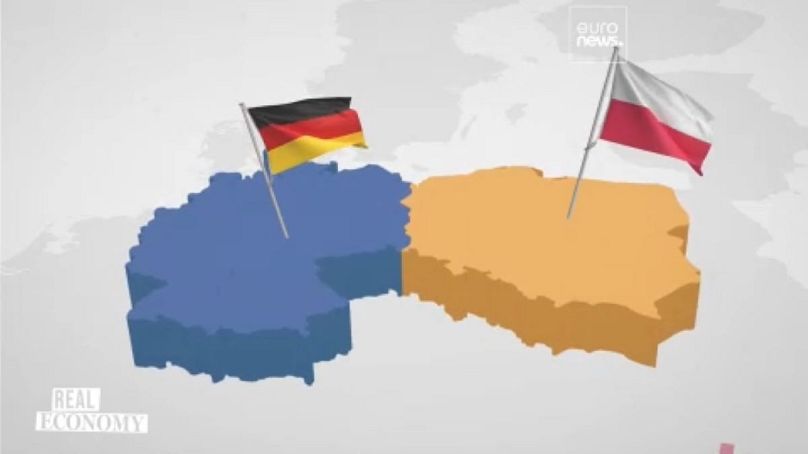Germany and Poland host more Ukrainian refugees than any other country in the EU.
There are 4.2 million Ukrainian refugees availing of temporary protection in the European Union, the majority are women and children.
According to the Organisation for Economic Cooperation and Development (OECD), 70 per cent of Ukrainian refugees living in European host countries over the age of 18 are women. Some 30 per cent of these women are mothers and were accompanied by their children when they fled their war-ravaged country.
In late February, the EU announced that the number of asylum seekers in Europe had reached a seven-year high in 2023. More than 1.1 million people applied for international protection.
While immigration is a division issue in many EU countries, a recent study by the University of Warsaw found that eight out of every 10 European residents support the policy governing temporary protection for Ukrainians in the European Union.
This short-term mechanism was initially adopted in 2001 following the conflicts in the Western Balkans, in particular, Bosnia and Herzegovina, and Kosovo.
It was reactivated in March 2022 in the wake of Moscow's assault on Ukraine to alleviate pressure on national asylum systems and allow displaced people some of the privileges that come with living inside the EU bloc.
Under international refugee law, people have the right to apply for asylum when they are fleeing conflict, fear for their safety or due to possible persecution over their race, gender, sexuality or religion.
In September 2023, EU member states agreed to extend this provision to Ukrainian refugees until 2025.
Temporary Protection offers immediate:
- right of residence
- access to housing and the labour market
- medical and social assistance
- education and training
The Council of Europe maintains that integrating Ukrainian refugees into host countries will facilitate social cohesion by breaking down barriers between groups and foster mutual understanding and respect.
However, being the sole caregiver to one's children, the risk of exploration and the breakdown of family units can make integration particularly difficult for Ukrainian mothers.
Ensuring that Ukrainian children receive an education in their host country is essential, not only does it provide a sense of normalcy but it also allows refugee children the opportunity to make friends. In addition, it improves the employment prospects of parents and guardians, making it easier for them to take up employment while their children are in education.
There are currently 680,000 Ukrainian children attending schools in the European Union.
In January 2023 the OECD stated 1.5 million Ukrainian refugees were living in Poland, 1.02 million in Germany, 460,000 in the Czech Republic (the highest number of Ukrainian refugees living in a host country per capita), 163,000 in Italy and 151,000 in Spain.
Want to find out why better access to childcare is necessary for Ukrainian mothers to find jobs in Poland? Watch the latest episode of Real Economy here to find out.












